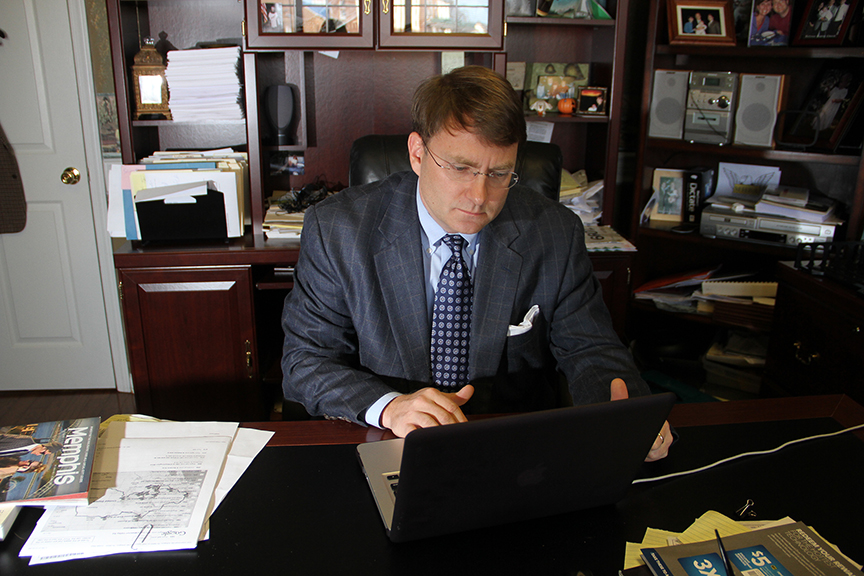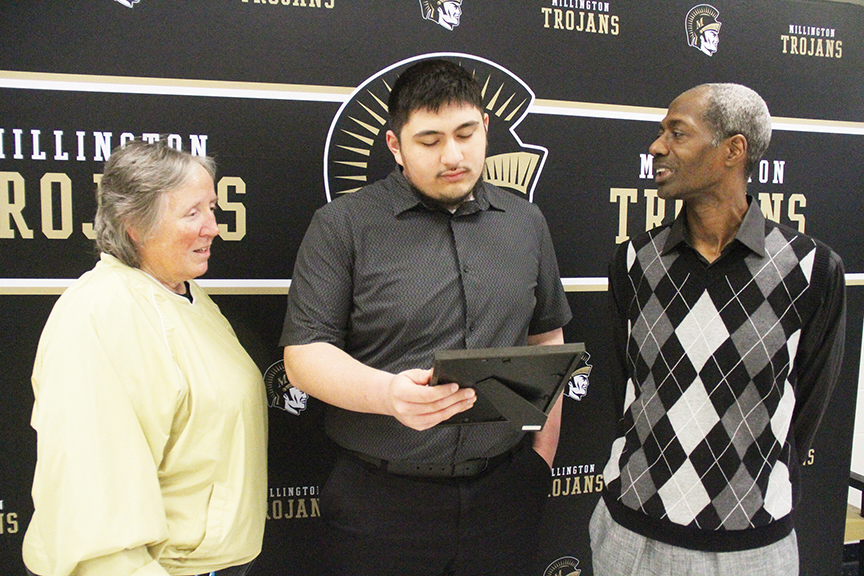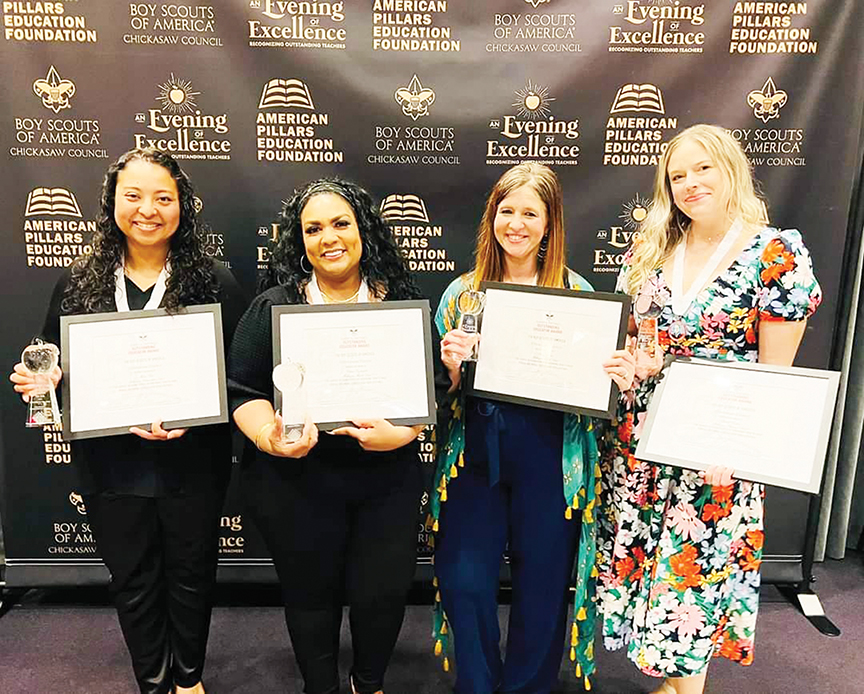
By David Peel
None of us set out to make bad decisions. But we tend to make bad decisions when we are hasty. We also tend to make them when we fall for a logical fallacy called the “false dichotomy.” That’s a fancy way of saying making something an “all or nothing” choice.
For example, a gentleman receives $70,000 tax-free after his Lawsuit concludes. He is no longer earning an income. He’s driving an unreliable $2500 truck. He says he’s going to upgrade his truck a little bit. Makes sense. He could get him a $15,000 truck and be in good shape. Instead, he buys a truck for $67,000. When his friend asks him why he spent almost all this money on a truck that’s brand new, he said he wanted something dependable to get back-and-forth to the doctor visits.
Now, it goes without saying there are a number of ways to get back-and-forth to a doctor. And owning a 70k truck is only one of them. And it is by far the most expensive.
The false dichotomy is very deceptive because it leads us to think that we’re thinking logically when we’re really just doing emotionally what we want to do. So how can we avoid this insidious mistake of reasoning?
For each one of your decisions, you can put them through this trinity of reasoning and you will find that it may reveal a flaw in what the plan is.
1. What am I trying to achieve?
2. What am I trying to avoid?
3. What am I trying to preserve?
So, let’s run this decision through this rubric.
What are we trying to achieve? We’re trying to achieve reliable available transportation. That can be achieved for $15,000 all day long. Alternatively, we’re trying to achieve rides to the doctor at a minimum and a $48 Uber each way for six visits a year over 10 years is less than $6,000.
What are we trying to avoid? Probably being broken down on the side of the road, having to wait on a ride, constantly having a vehicle in the shop. But we also should be trying to avoid spending all our money on one decision for one item that sits still 98.8% of the time. Don’t get me wrong. I’m more of a car guy than most of you. But I’m trying to also be realistic. It’s not like this thing is a collector’s item that’s going to go up in value like my DeLorean does.
What are we trying to preserve? Well, we’re trying to preserve our nest egg because there’s going to be no more money coming off this case. We’re also trying to preserve margin and flexibility, in the event that we need something else done that may not be covered by health insurance. Or we may want to help somebody else out with something. Or just have a big emergency fund.
Now, I cannot promise you that if you run all your decisions through this, you’re ultimately be happy with what decisions you make. But I think I can represent to you honestly that if you go through each one of these steps carefully, you will not make a hasty decision. If the decision turns out to be wrong, it’s probably going to be because of some assumptions that were underlying it—not because you rushed into it or didn’t think through it.
One of the other ways you can always tell if you’re making an emotional decision is if you’re in a hurry. Jesus never ran in the scripture. Love doesn’t rush. Infatuation and emotionality does. In general, doing nothing can sometimes be very strategic.
The old saying “think long—think wrong” is incorrect.
Peel seeks justice for those injured in tractor trailer and car accidents, medical malpractice, and disability. He often addresses churches, clubs and groups without charge. Peel may be reached through PeelLawFirm.com wherein other articles may be accessed.



